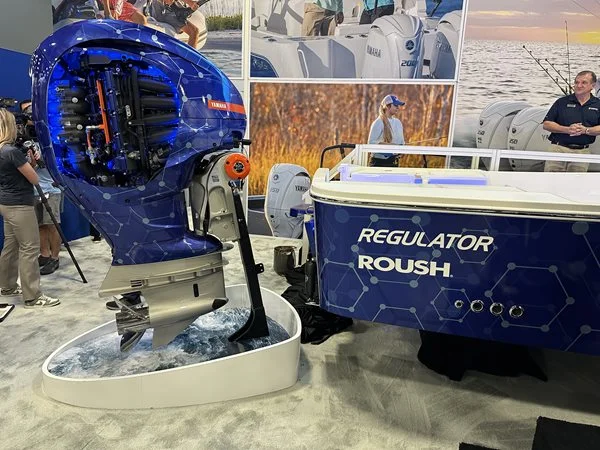TK4
Well-known member

Yamaha Introduces World's First Hydrogen-Powered Outboard Engine at Miami International Boat Show
Yamaha Motor takes a giant leap towards carbon neutrality with the groundbreaking launch of the world's first hydrogen-powered outboard engine for recreational boats! Partnering with industry leaders, this innovative engine marks a significant milestone in achieving sustainable boating.
 myelectricsparks.com
myelectricsparks.com
